How attending a Grand Prix made me realise Formula One is no longer just a man’s game
Digital Writer Jenny Proudfoot went to the Grand Prix pit lane to see how women are rising up in motorsports...
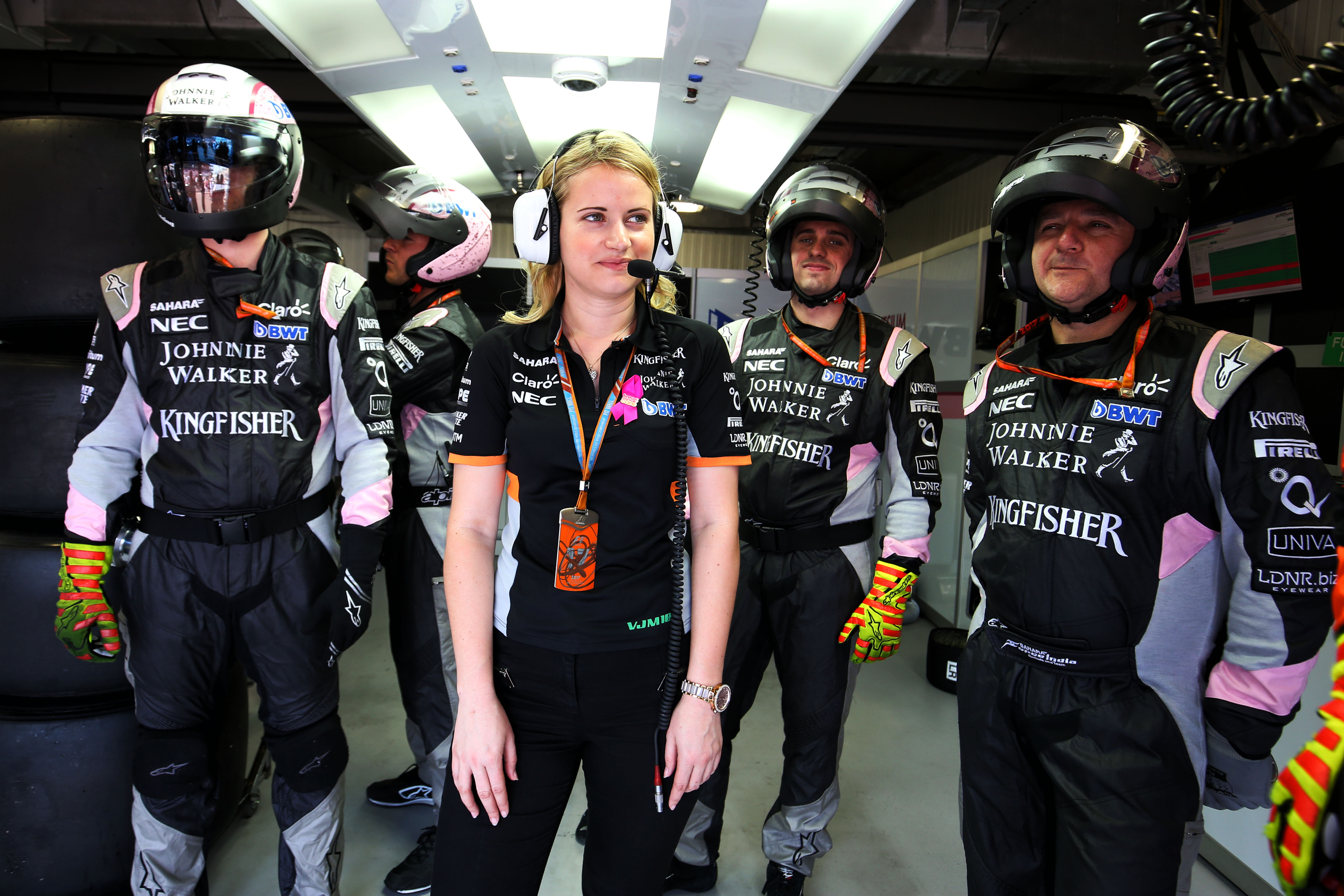

Digital Writer Jenny Proudfoot went to the Grand Prix pit lane to see how women are rising up in motorsports...
The 2017 Formula One season is well under way with the annual event stretching from March to November. However, this year marks a change for the Championships with a focus on the females of Formula One – and about time too.
For too long, motorsports have been considered a man’s world, but the times are undoubtedly changing with more and more women now playing a fundamental role in the sporting season and better still, being recognised and respected for the work that they do.
Formula One’s key sponsor Heineken invited Marie Claire to the Monaco Grand Prix earlier this year to survey the pit lane and see first hand how motorsports are changing.
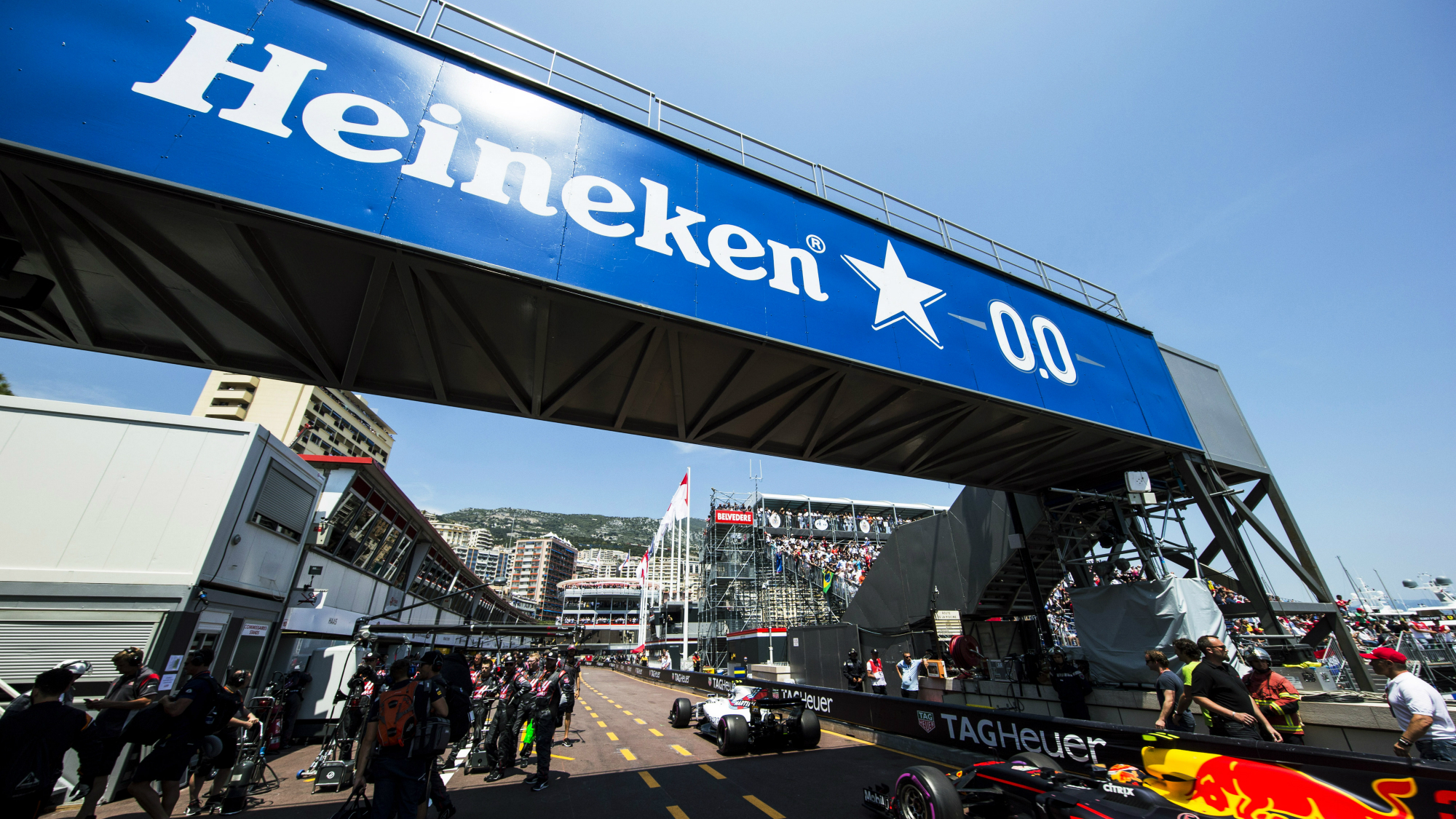
Before going to the Grand Prix, I had preconceptions of Formula One and the motorsports crowd in general, preparing myself for a weekend of casual sexism and patronising digs about women driving.
The last thing I expected to feel was empowered, but that was the case.
There’s no doubt that Formula One is still a male dominated industry, but it is definitely changing – much more than I envisaged, and just walking down the pit lane I was surprised by how many female engineers, strategists and leaders I saw hard at work.
Marie Claire Newsletter
Celebrity news, beauty, fashion advice, and fascinating features, delivered straight to your inbox!
While the teams are predominantly made up of men and the gender ratio is far from equal, I didn’t speak to a single person who didn’t want the issue to be addressed.
‘In mechanical engineering the ratio of men to women in general is very poor and within the entire team the ratio is not good,’ female Force India strategist Bernadette Collins explained to me on the pit lane. ‘However in strategy there are at least three women who regularly sit on the pit wall across the ten teams so that ratio is actually relatively strong but still nowhere near 50/50.’
She continued: ‘It’s been the same since I completed my engineering degree so it’s not surprising but it is improving year on year and there is more focus on getting young women interested in engineering which is very important.’
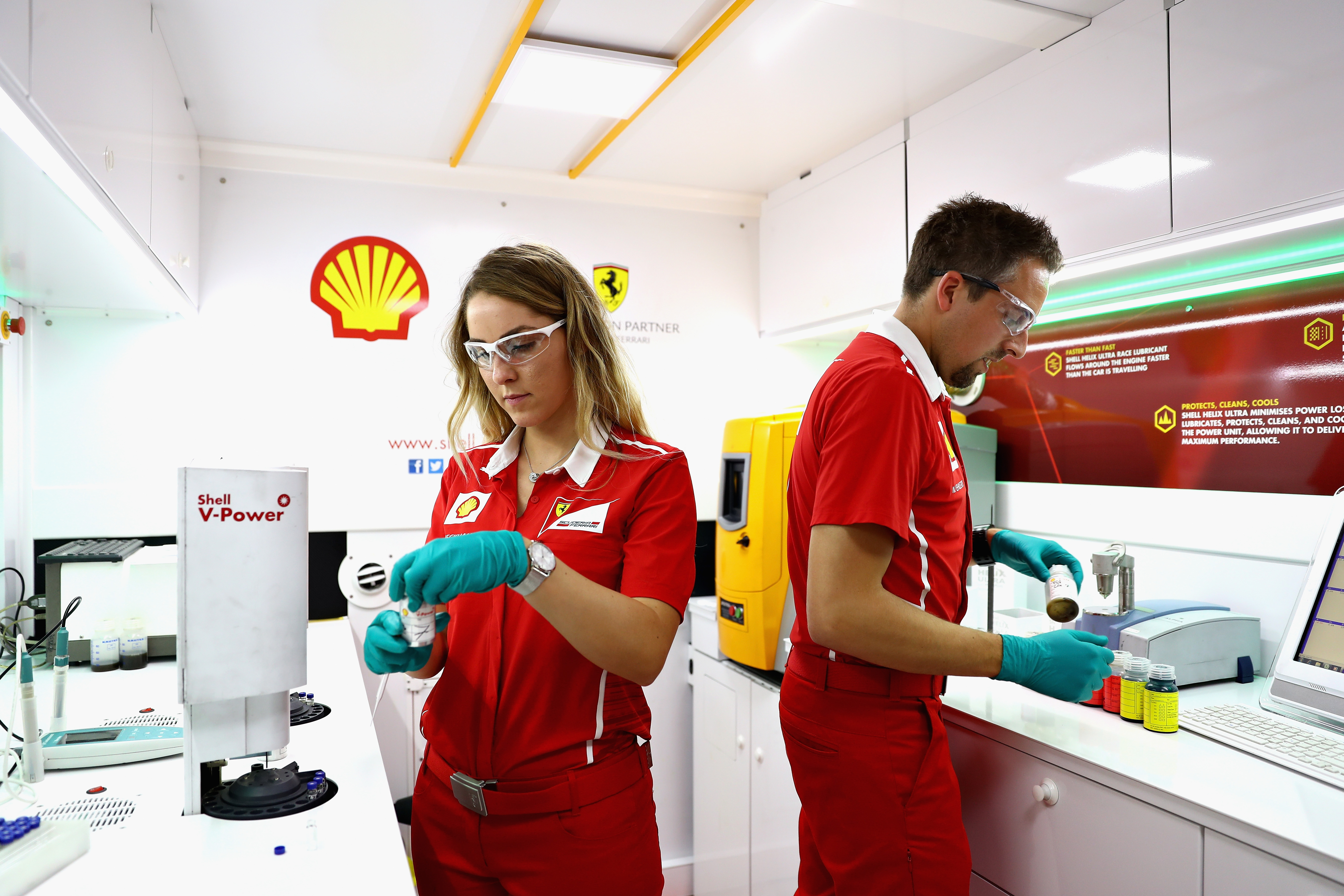
‘There is no doubt that Formula One can sometimes be a macho world’, agreed Shell F1 Fuels Coordinator Jennifer Plückhahn, ‘I can certainly hold my own though, and have never come across any overt sexism on the job. Within my team at Shell, it doesn’t make a difference whether I am male or female – it is about doing the job well and with passion.’ She continued: ‘In fact, in my field, (lab technicians), there tends to be more women than men, with a ratio of 60/40.’
‘I obviously stand out more on our pit wall than my male piers,’ continued Strategist Bernadette Collins. ‘But within the team I feel I’m treated as the male equivalent in my role would be and my ideas and suggestions are received just as well.’
‘I think the days of anyone believing that a woman cannot do a job as well as a man are thankfully gone and I’ve never come across that opinion,’ she continued. ‘I have been asked in the past for tea or coffee when making my own in catering and that has not gone down the best.’
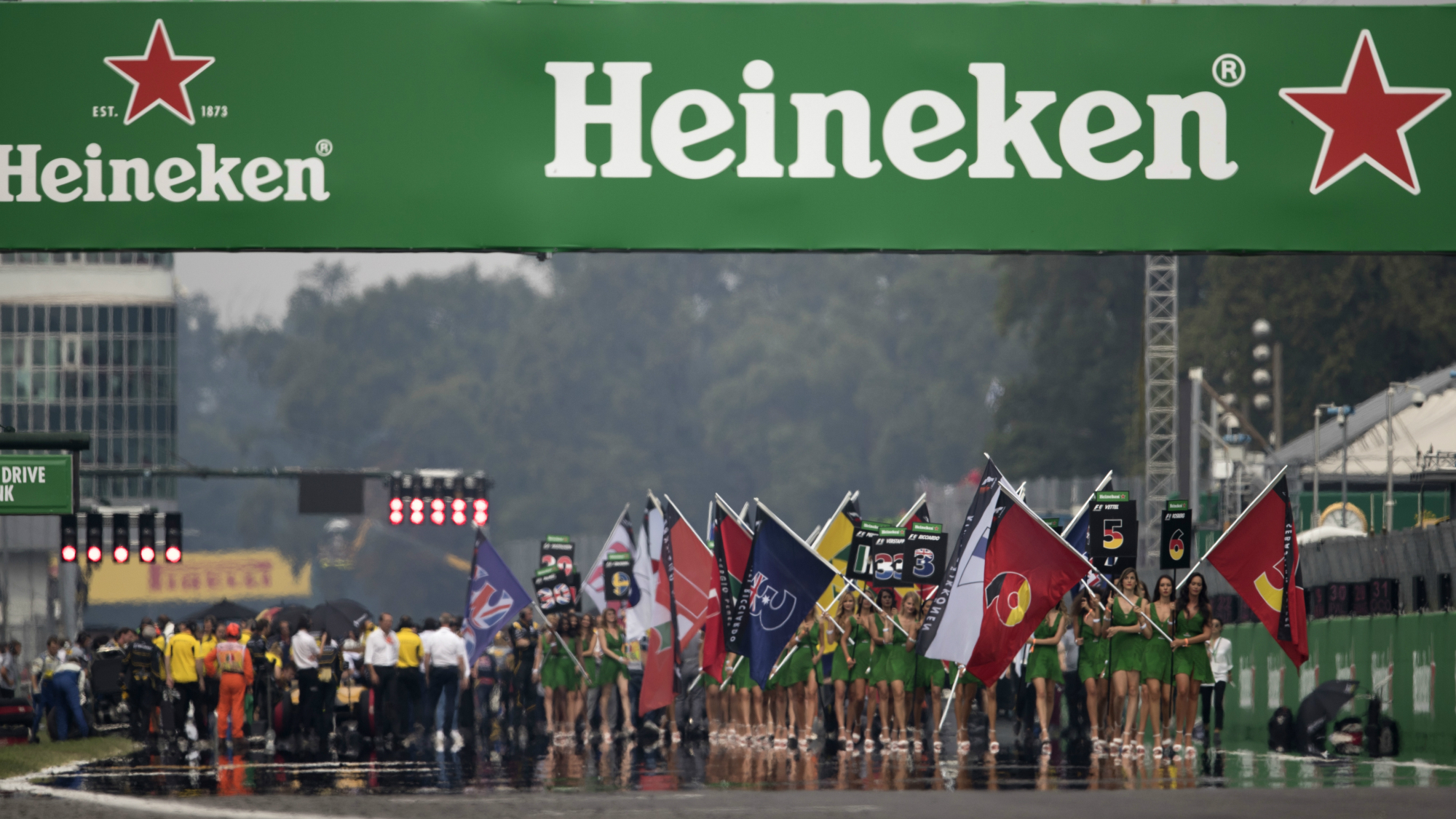
‘Bias is everywhere in life – be it sexism or otherwise,’ explained Blanca Juti, chief Corporate Relations Officer of Heineken, a key sponsor of Formula One. ‘We all have certain biases that we need to learn to fight.’
As a key sponsor, one of Heineken’s aims has been to push for women to be more involved in Formula One, showcasing the female talent within the sporting event, and opening motorsports up to new audiences, making them accessible for all. Launching the ‘More Than A Race’ campaign this year, the company is aiming to go further, dispelling all myths around the sport and bringing attention to the growing number of women in traditionally male dominated Formula One roles.
In fact, on closer inspection I found that there are several organisations out there supporting and pushing for women to get into motorsports – another example of the progress made.
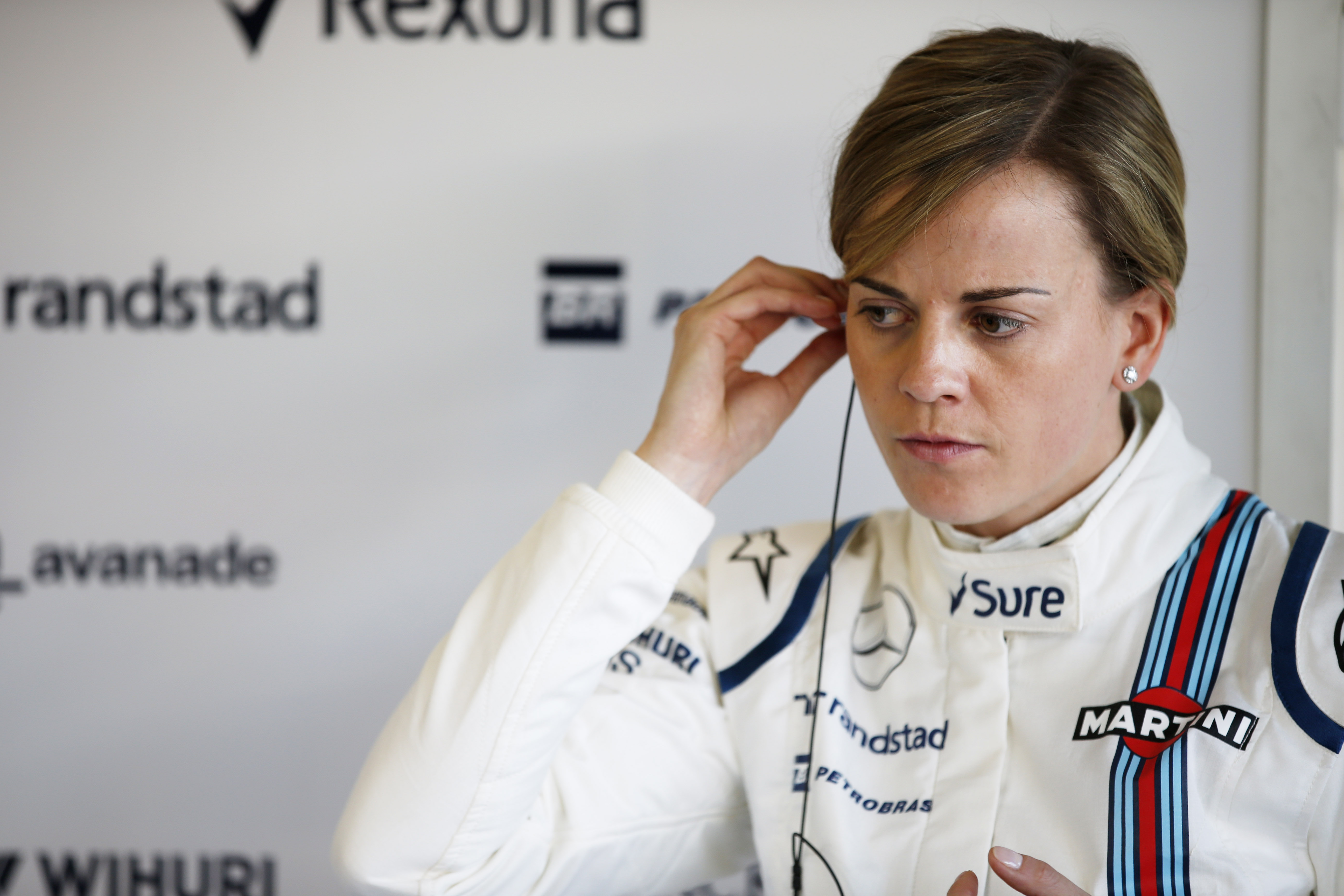
Dare to be Different is a particularly impressive initiative, co-founded by British former racing driver Susie Wolff. The scheme inspires young girls and women, encouraging them to consider careers in motorsports and showcasing the female talent within the industry.
‘Our sport is performance based so gender is irrelevant,’ explained Susie. ‘The opportunities are out there and with Dare to be Different we want to inspire and drive female talent to make sure in the long term our sport is more diverse.’
So yes, there is a gender split and it’s not even a close one, but attitudes are changing every day and women and girls are being encouraged to get involved in motorsports from all angles.
Whether they want to be in the Shell Technology Centre in Hamburg, behind the wheel or on the pit lane, there will be a place and support for them in the motorsports industry.
We’re still holding out for a female Formula One winner – even a modern day competitor - but it’s promising to know that we’re making strides.

Jenny Proudfoot is an award-winning journalist, specialising in lifestyle, culture, entertainment, international development and politics. She has worked at Marie Claire UK for seven years, rising from intern to Features Editor and is now the most published Marie Claire writer of all time. She was made a 30 under 30 award-winner last year and named a rising star in journalism by the Professional Publishers Association.
-
 The Wales family’s former nanny has opened up about Prince George, Princess Charlotte and Prince Louis
The Wales family’s former nanny has opened up about Prince George, Princess Charlotte and Prince LouisBy Jenny Proudfoot
-
 Not quite ready to embrace spring dresses? You need a transitional waistcoat suit
Not quite ready to embrace spring dresses? You need a transitional waistcoat suitA spring-ready take on tailoring
By Jazzria Harris
-
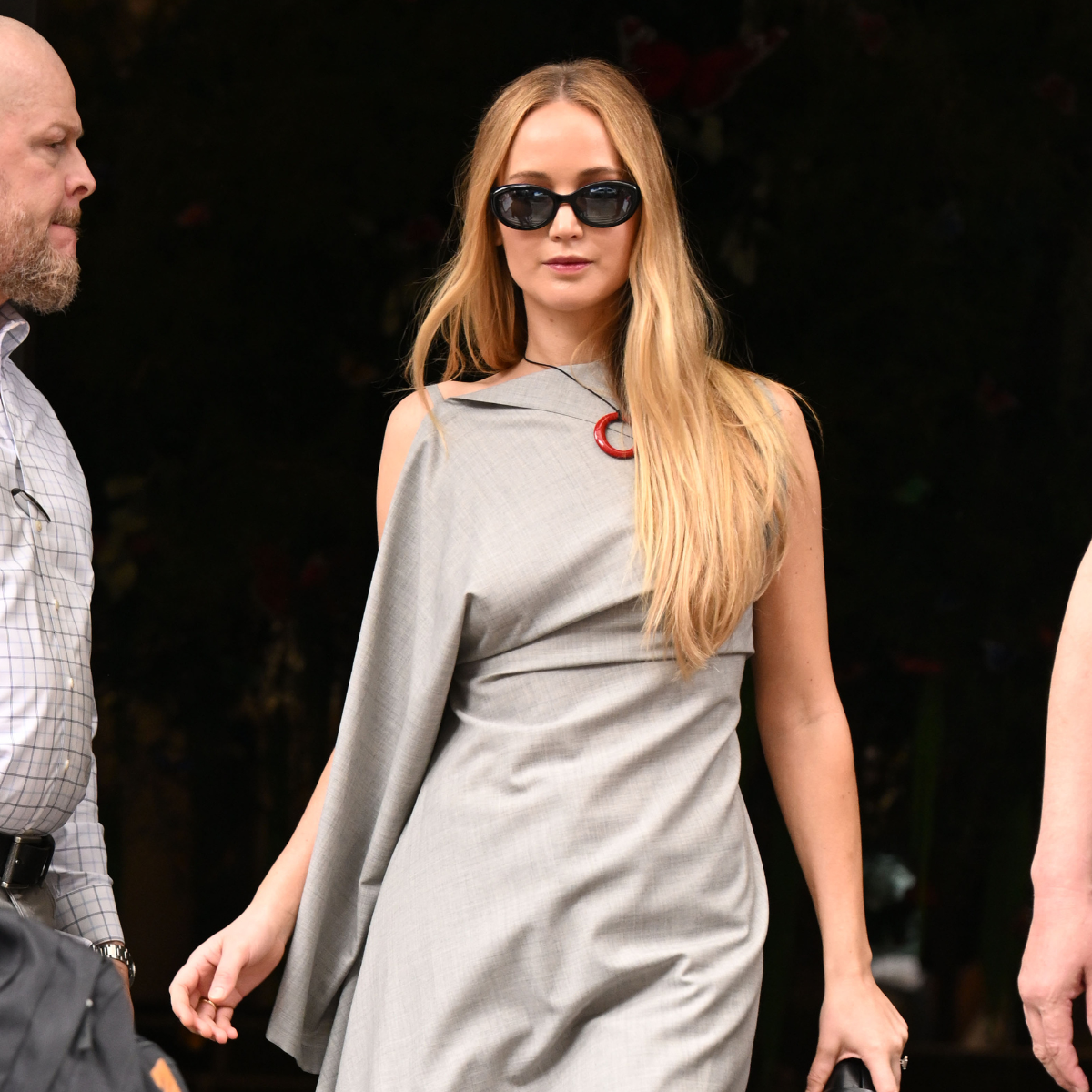 20 iconic Jennifer Lawrence looks that we can't stop thinking about
20 iconic Jennifer Lawrence looks that we can't stop thinking aboutFrom Dior to Versace, her red carpet and street style moments set the standard for modern Hollywood glamour
By Kim Tran